Korean Presidents Who Have Been Impeached in History
- byTolulope Ayileka
- 1 year ago
- 0 Comments
- 5mins
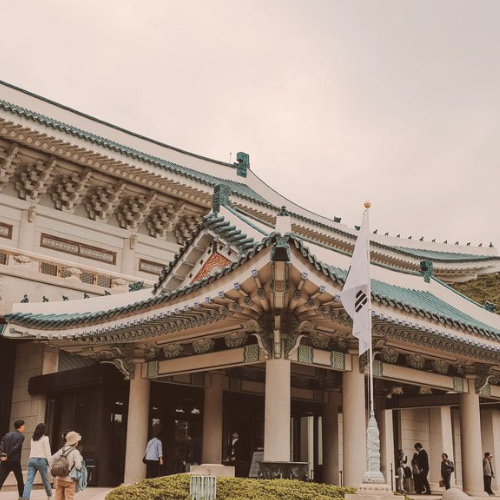
South Korea has had its share of political turbulence since transitioning into a democratic system of government. If you read the news or listen to any Korean related content, you’ll agree with me that their government is experiencing a bit of a shaky moment. President Yoon Suk Yeol suddenly enacted martial law on December 3rd, 2024 and sent the entire country into a frenzy, and this led to his impeachment by the national assembly.
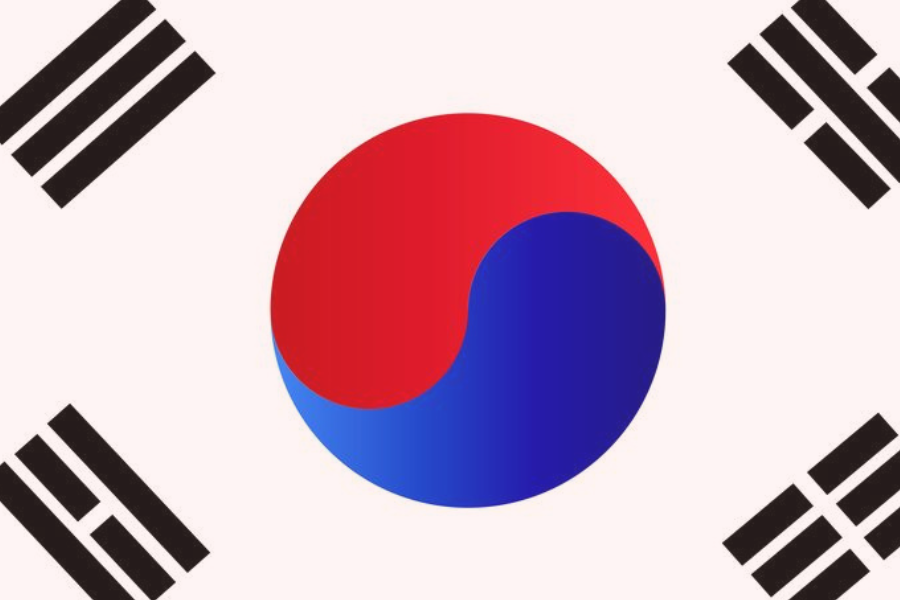
Among the many significant events in South Korea’s political history, like Yoon Suk Yeol, some past presidents have also been served the impeachment letter; which stands as a testament to the nation’s commitment to accountability, opposing any form of authoritarianism or act that could affect the democratic rights of its citizens.
Let’s take a look at the cases of South Korea’s impeached presidents and the circumstances surrounding their removal:
1. President Roh Moo Hyun
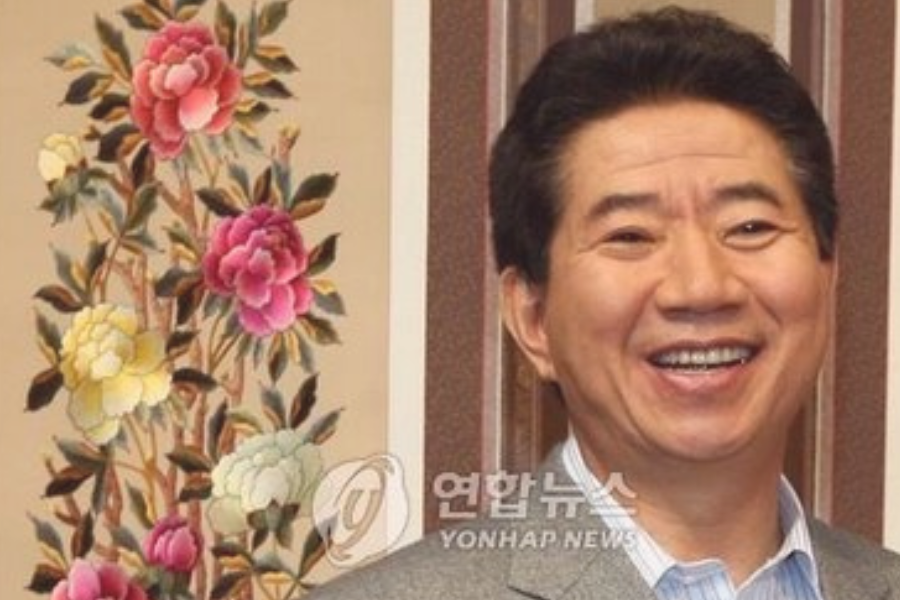
President Roh Moo Hyun was South Korea’s ninth president and served between 2003 and 2008. According to reports, South Korea became the world's 10th-largest economy and exceeded GDP of $20,000 during his tenure. However, his tenure received lots of criticism from the opposing party who labeled him negatively. He was also accused of performing poorly in regards to diplomacy and the economy and this gave him the worst approval rating ever recorded in South Korean political history.
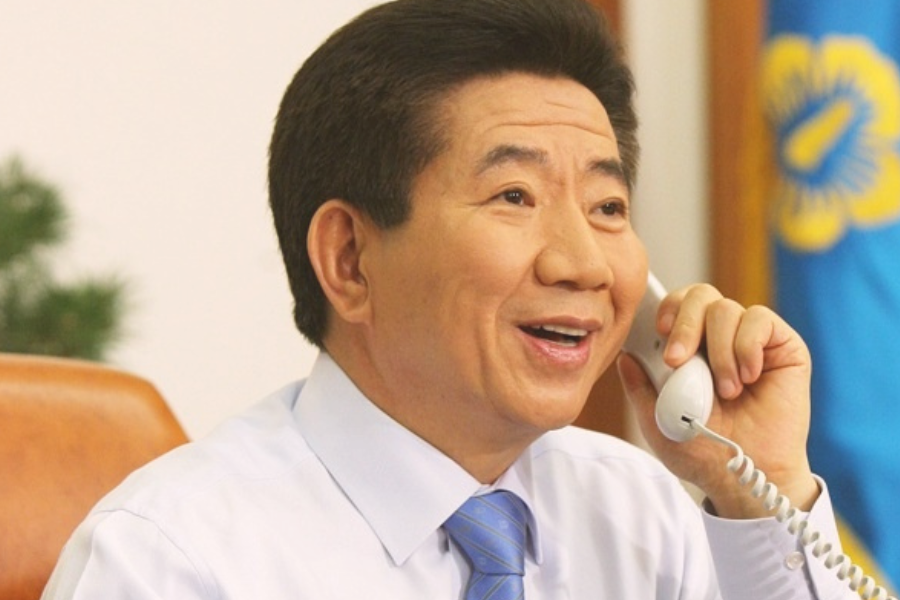
Although, during his tenure, South Korea received the highest marks for Press Freedom. In 2003, he left his political party, the Millennium Democratic Party, and formed a new party called Uri Party (meaning Our Party in English.) This act violated the constitutional demands for presidential impartiality, and an apology was demanded from him. However, he refused to apologize and this led the opposition party to call for impeachment on the terms of illegal electioneering in March 2004. The impeachment was a success as the opposition party won 193 to 2 votes. However, this impeachment was largely criticized by the public and even led to physical protests.
This decision was later overruled in May 2004 by the constitutional party, and Roh Moo Hyun was restored as the president. After he was reinstated, he officially joined Uri Party making the party the ruling party throughout his remaining tenure.
2. President Park Geun Hye
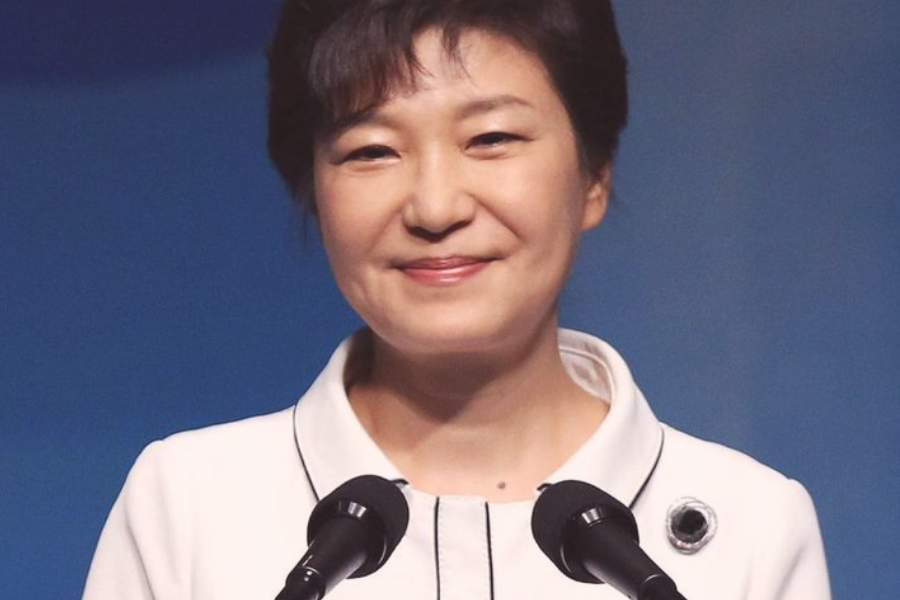
President Park Geun Hye was the first female head of state in East Asia and South Korea’s first female and 11th president. She served from 2013 to 2017 and she is the daughter of Ex-president Park Chung Hee who served four terms ruling South Korea from 1963 to 1979. She was popular for campaigning for a number of peaceful visits and advocacy amongst world power countries like the USA, Russia, and China to mention a few.
A vote of impeachment was passed against her in December 2016, and in 2018, she was sentenced to 24 years in prison after being found guilty of abuse of power and coercion. This punishment was later increased to 25 years, and a fine of 20 billion won after an appeal by state prosecutors. Park Geun Hye became the first sitting South Korean president to be fully impeached and never reinstated. She was later pardoned by President Park Geun Hye in December 2021.
3. President Yoon Suk Yeol
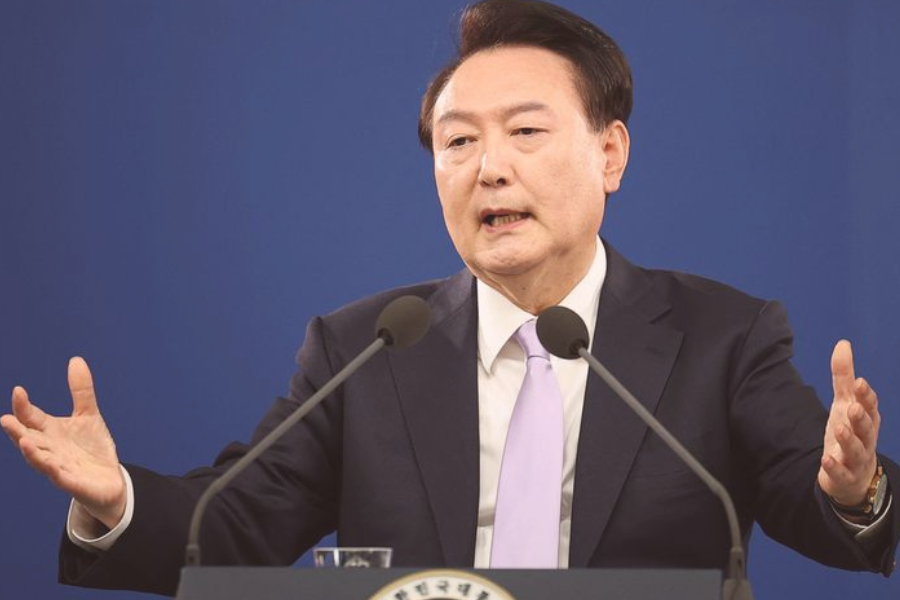
President Yoon Suk Yeol served as the 13th president of South Korea and resumed power in 2022. After barely winning the presidential election with less than a percentage point and his party suffering defeat in the parliamentary midterm elections in 2024, his approval ratings dropped and he became less popular in the country.
There were also accusations that his leadership gave a shift towards authoritarianism, and this took a nosedive when he declared martial law on December 3, 2024, under the notion that members of the National Assembly were North Korea sympathizers. However, this law was nullified in a unanimous decision by the national assembly on December 4, and by December 14, he was impeached in a vote that included 12 members of his own party. He also became the first president in South Korea to face an arrest warrant due to his action which was deemed anti-democratic and criminal.
4. President Han Duck Soo
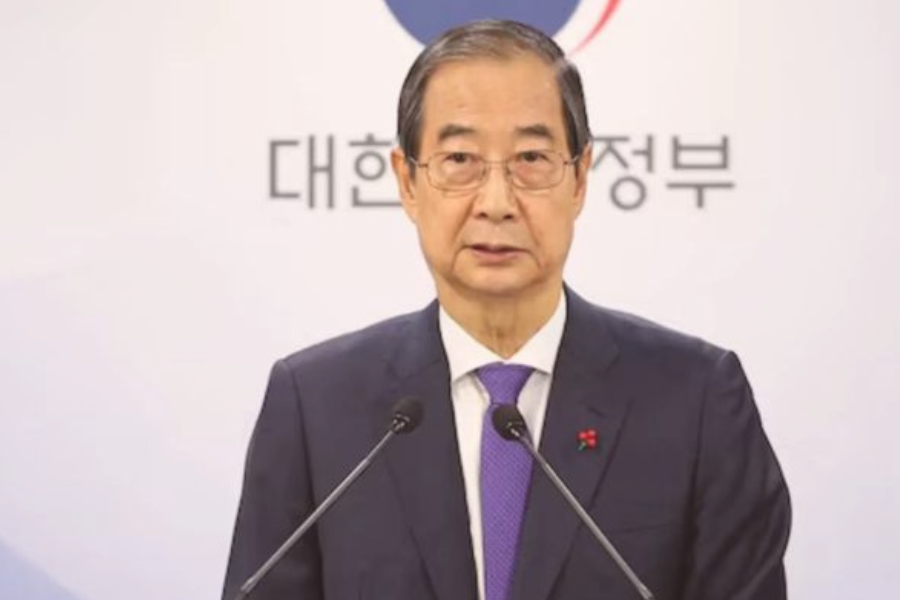
President Han Duck Soo is the South Korean Prime Minister and was appointed the acting president after the impeachment of Yoon Suk Yeol. After spending less than 20 days in office, he was impeached on December 27th for refusing to approve two bills that gave special counsels to investigate Yoon Suk Yeol and his wife, First Lady Kim Keon Hee. The Assembly saw this act as a misuse of power, protecting the impeached president from proper scrutiny and he was also removed as the prime minister of South Korea.
The Deputy Minster and Finance Minister Choi Sang Mok has now assumed the office of acting president and acting prime minister while the court decides the fate of Han Duck Soo and Yoon Suk Yeol. So, no pressure, I guess?
Impeachment reflects a democratic structure that allows citizens to hold their leaders accountable for their actions, meaning nobody is above the law. While public opinion is crucial for any country to thrive, we really hope that South Korea overcomes this hurdle.
Tags:
Tolulope Ayileka
Tioluwa is a lover of all things good story telling and adventure, so it's no surprise she's officially hooked to all things Korean. She believes learning and having fun is synonymous and prides herself a K-drama guru. From Korean lifestyle to history, she's all over it like sauce on kimchi.
0 Comment(s)
Related Posts
Daily Newsletter
Get all the top stories from Blogs to keep track.





Leave a comment